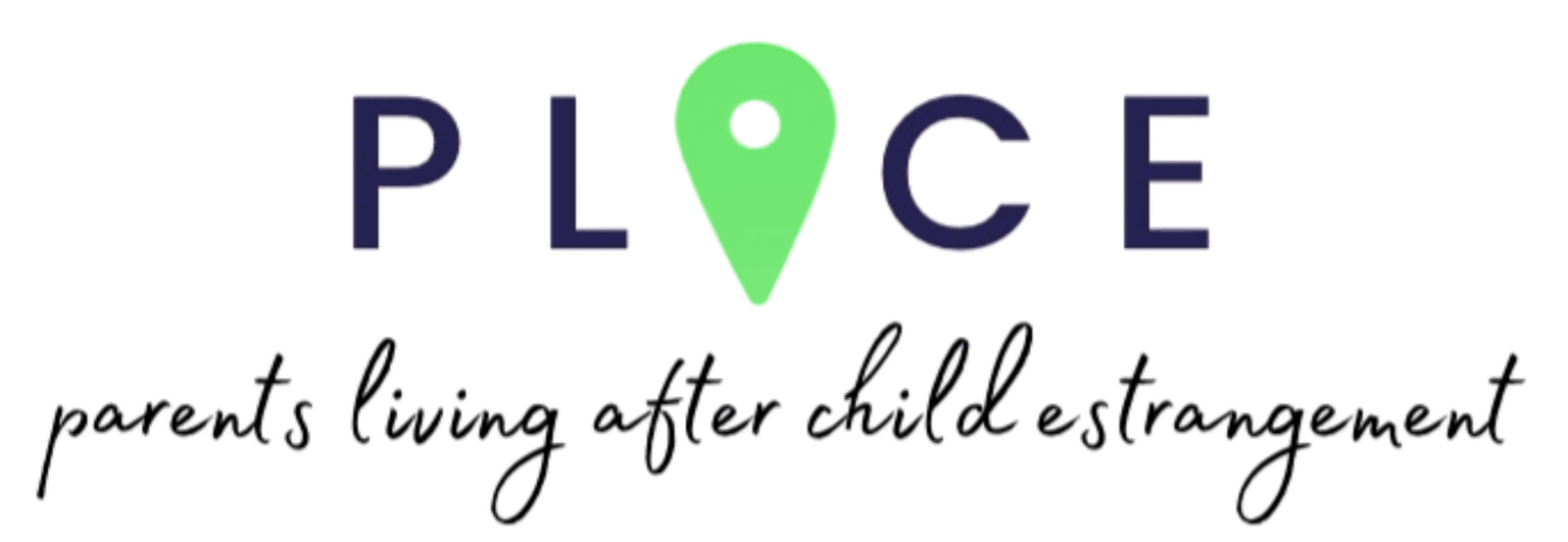By Brian Briscoe, LPC, LMFT
Founder of PLACE – Parents Living After Child Estrangement
Let’s not sugarcoat this: parental guilt is brutal.
And when you’re an estranged parent—cut off, shut out, left with silence or accusations—guilt can become your constant companion.
I’ve heard it a thousand ways:
- “What did I do wrong?”
- “Was I too hard on them?”
- “Was I too soft?”
- “Maybe I didn’t listen enough… or listen too much.”
Sound familiar?
If you’re here, it probably means you’re carrying guilt—and it’s heavy. But I want you to know something right out of the gate:
You are allowed to forgive yourself. You are allowed to heal.
This post isn’t about denying accountability or pretending everything was perfect. It’s about learning to cope with guilt in a way that serves your healing, not your shame.
Let’s walk through that together.
Why Parental Guilt Is So Painful
Most parents I work with didn’t set out to hurt their kids. You loved them, raised them, sacrificed for them. But somewhere along the way—whether it was a blow-up, a slow drift, or a painful misunderstanding—things fractured.
Estrangement happened.
And now, you find yourself playing the highlight reel of every parenting decision you ever made.
That’s trauma talking.
That’s grief looking for a reason.
That’s your mind trying to solve a heartbreak.
But here’s the problem: guilt feels like action, but it’s actually paralysis.
It keeps you in a loop. And that loop doesn’t serve your healing.
Let’s Name the Different Types of Guilt
Not all guilt is created equal. In therapy, we often distinguish between different forms of guilt:
1. Healthy Guilt (aka Moral Compass Guilt)
This is the kind of guilt that nudges you when you know you’ve done something that violated your own values. It can lead to accountability, repair, growth.
Example: “I yelled when I should have listened. That wasn’t how I wanted to handle things.”
This kind of guilt has a purpose. It’s fuel for growth and change.
2. Toxic Guilt (aka Shame Masquerading as Guilt)
This guilt loops endlessly. It’s less about an action and more about identity:
- “I failed as a parent.”
- “I don’t deserve to be forgiven.”
- “I ruined everything.”
Toxic guilt says: “You are bad.” Not “You did something bad.” There’s a huge difference.
This kind of guilt doesn’t help you change—it just keeps you stuck.
3. Inherited Guilt
Sometimes guilt isn’t even yours. Maybe you were taught that being a “good parent” means endless self-sacrifice or that your child’s happiness is always your responsibility.
So when they’re unhappy—or when they leave—you feel like you failed.
This guilt is about internalized expectations and unrealistic parenting standards, not actual wrongdoing.
How Guilt Keeps Estranged Parents Stuck
I hear it all the time:
- “I don’t reach out because I feel like I don’t deserve to.”
- “I’ve apologized, but they said it wasn’t enough. I guess I’ll carry this forever.”
- “Maybe I deserve to be punished.”
That’s the voice of unresolved guilt.
It leads to:
- Over-apologizing (even when you’ve done all you can)
- Abandoning your own needs
- Staying in toxic or abusive dynamics
- Constant anxiety and self-monitoring
- Depression, hopelessness, and shame
What Coping Really Means (Hint: It’s Not Just “Getting Over It”)
Coping with guilt doesn’t mean ignoring it.
It means holding it with compassion and boundaries.
It means asking: “What is this guilt here to teach me, if anything?”
Here’s how we start:
1. Reality Check: What Is Yours and What Is Not
Estrangement is rarely just one person’s fault. Family relationships are complex. People interpret experiences differently. What was said, what was heard, and what was meant are often three different things.
One of the most healing things we do in Narrative Therapy is separating fact from internalized fiction.
Questions to ask yourself:
- Is this guilt based on facts or feelings?
- Have I taken accountability where needed?
- Am I owning more than is mine?
If you’re unsure, working with a counselor (like through Private Counseling) can help.
2. Make Amends—Then Let Go of the Outcome
If there’s something you truly regret, and if it’s safe and appropriate, you can offer an apology. But here’s the key:
Your healing cannot hinge on their response.
You can say:
“I recognize that I hurt you. I take responsibility for that. I wish I had done things differently. I’m here if and when you’re ready.”
And then you breathe.
And you wait.
And maybe… you keep living your life.
Because your worth is not defined by someone else’s forgiveness.
3. Address the Shame Loop
Shame and guilt often tag-team.
Shame says:
“I’m not enough. I’m a failure. I’m unlovable.”
We challenge shame by naming it and countering it with truth.
Try this:
- Shame thought: “I failed my child.”
- Reframe: “I made mistakes. All parents do. I did the best I could with what I knew then.”
You don’t have to lie to yourself. You just have to talk to yourself like someone you love.
4. Learn to Soothe the Nervous System
Guilt doesn’t live only in your thoughts. It lives in your body—tight chest, clenched jaw, restless sleep.
That’s why I often integrate Somatic Therapy and Mindfulness-Based Cognitive Therapy to help parents regulate their stress response.
Start with something simple:
- Breathe in for 4… hold for 4… out for 6.
- Place a hand on your chest and say, “I am trying. I am learning. I am healing.”
Sounds small? It isn’t.
5. Redefine “Good Parent”
If your definition of a “good parent” includes being perfect, endlessly self-sacrificing, or always being understood—you’re setting yourself up to fail.
Let’s redefine it:
A good parent is someone who loved, tried, learned, and grew—even when things didn’t go as planned.
You’re still parenting. It just looks different now.
And parenting yourself with compassion is part of that journey.
6. Find Support from People Who Understand
This is why I created PLACE. Because no parent should have to carry guilt alone.
Our Support Groups are judgment-free zones. You can be real, raw, and human. We share stories, not solutions. We don’t fix—we witness.
Sometimes, healing begins when someone simply says:
“Me too. I’ve felt that way too.”
7. Don’t Let Guilt Derail Your Mental Health
Unchecked guilt can turn into:
- Anxiety
- Depression
- Hopelessness
- Self-neglect
If that’s where you’re at, please know: you deserve care.
Explore your options for Mental Health Support, Therapy Services, or even a simple 15-minute consultation to see what next steps feel right.
You don’t have to navigate this alone.
Final Thoughts: Guilt Isn’t Proof You Failed—It’s Proof You Cared
One of the most painful truths of estrangement is that love doesn’t always guarantee connection.
But here’s what I believe with all my heart:
If you’re reading this, if you’re questioning, reflecting, seeking help—then you are not a failure.
You’re a parent who cares.
Who’s willing to grow.
Who deserves healing, even if reconciliation never comes.
Give yourself the same grace you’d give your child.
You are still worthy.
You are still healing.
You are still here.
Let’s move forward—together.








